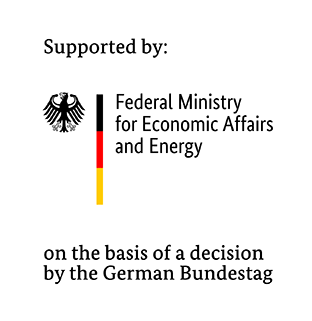Steinhardt DilliGent-System forms the focus
of a research project
Within the scope of an AiF-managed project entitled HydroKavtec, the microbiological cleaning performance of a hydrodynamic cavitation systemdeveloped by Steinhardt GmbH will be researched and evaluated at the Technologiezentrum Wasser (TWZ) in Karlsruhe.
The background facts: In human medicine around 700 to 800 tonnes of antibiotics are consumed annually in Germany and in veterinary medicine the figure is even twice as high. The result is an increasing number of resistant bacteria that are released into the environment via wastewater and ultimately find their way back into the human community. Multi-resistant bacteria is the term used to describe bacterial strains which have learned to adapt to the effect of various antibiotics. In addition to multi-resistant bacteria, other waterborne pathogenic agents exist that can cause diseases, for example legionella which attacks the lungs.
The HydroKavtec project focusses on a hydrodynamic cavitation-based process which is being developed to eliminate pathogens present in water. Using a defined high process water pre-pressure, cavitation, oxidation and vacuum are generated with pinpoint accuracy in a specially developed hydromechanical reactor system. The vacuum causes the structure of the bacterial cells to burst, any residue is largely eliminated by oxidation.
Our project partner, the TZW — The German Water Centre - will be responsible for recording the microbiological efficiency of the process. The process and plant technology will be developed by the Steinhardt company and will be specially adapted to the requirements described. Furthermore, high performance operation must be attained in creating the cavitation effect with only minimum energy input.
Further information at: TZW-HydroKavtec
Funding:
BMWi – Federal Ministry of Economics and Technology
Project running time:
July 2020 – June 2022







